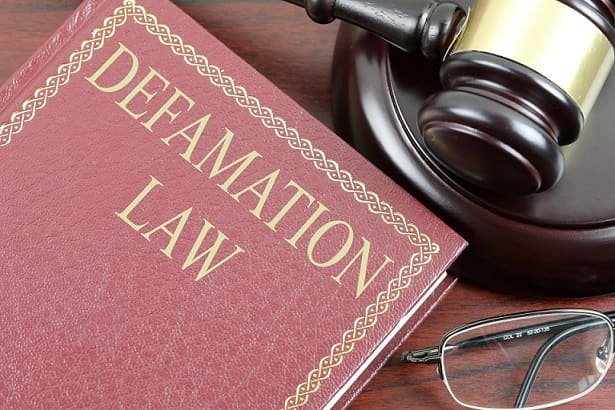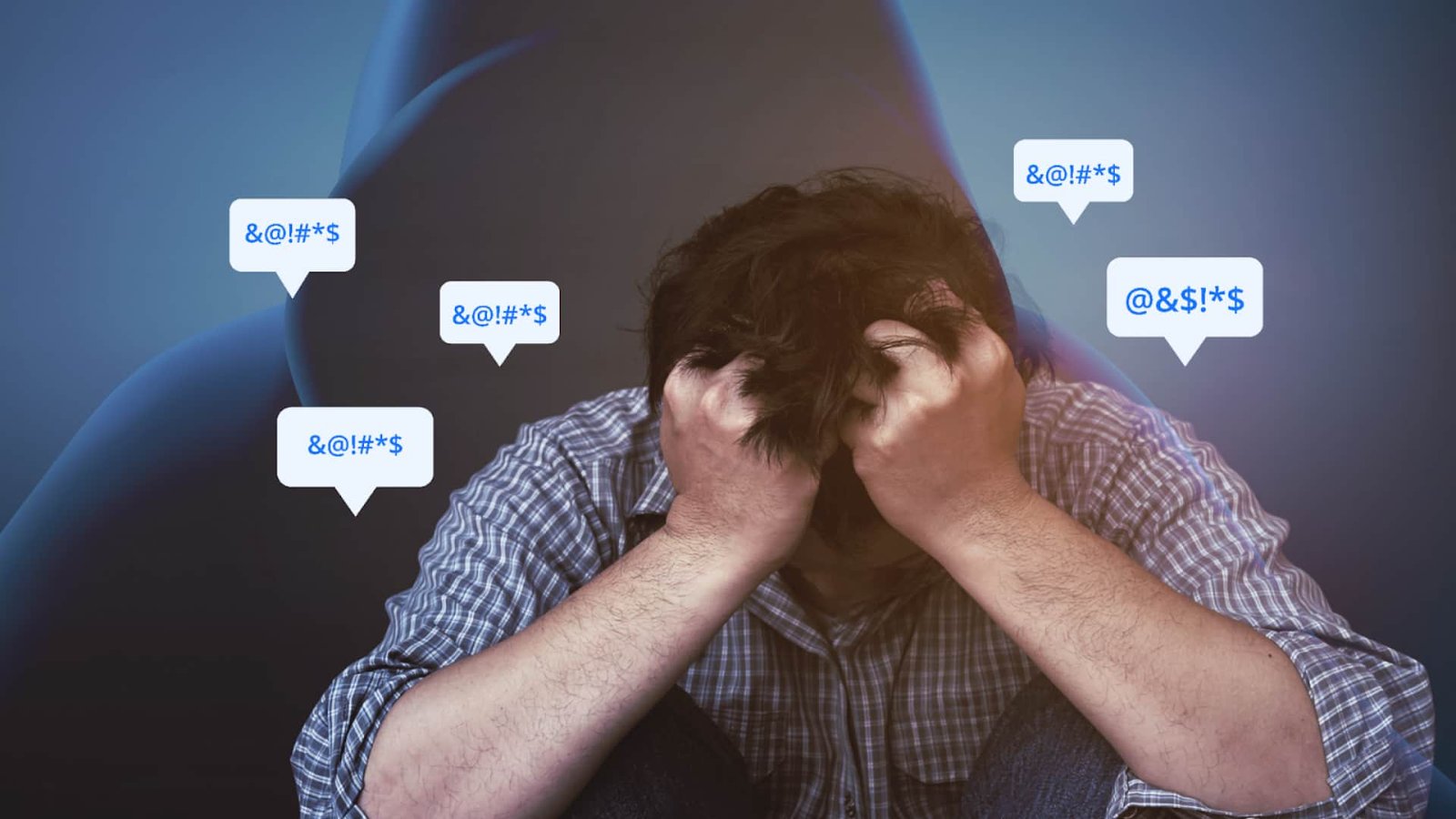Have you ever checked your socials for the latest news, gossip, or cute cat pics, only to find that someone has posted something unflattering or untrue about you? Maybe someone didn’t realize their account wasn’t set to “private”? Perhaps a lie they told about you got out of hand and somehow found its way back to you?
A company’s website is now secondary to its social media presence concerning marketing and brand awareness. In an age when so much is online, a negative review can quickly go viral causing immense damage to one’s public image. Defamation is a real risk to everyone who uses social media. The danger is genuine, so whether you’re running a business or are on social media for personal use, understanding how defamation works is imperative to protect yourself.
What Is Defamation?
The ever-accelerating movement of our lives onto the internet means that instances of misinterpretation, lies and false representation are increasing wildly, leading to greater risk and frequency of defamation. But what exactly is defamation?

Picture Credits: Freepik
Defamation occurs when an individual makes a statement that wrongly accuses another party of something and harms their reputation and/or financial standing in the marketplace. This is not a full legal definition but covers the essential basics. Defamation law varies from country to country and state to state in the United States.
Defamation can be of two kinds: written (permanent) or oral (nonpermanent). Information in a newspaper article, a post on someone’s Facebook wall, a Tweet, or a conversation on Slack are “published” material and would fall under libel. By contrast, an overheard conversation, a statement made publicly, a speech, and other verbal and nonpermanent expressions fall under slander.
Additionally, someone being mean to you online or saying that Burger King is terrible, or accusing Janice in the accounting of stealing their lunch doesn’t qualify as defamation. People’s opinions are protected by their freedom of speech, of course. But be warned that putting “In my opinion” before something you express doesn’t help you from the possible repercussions of making defamatory statements.
Statements based are also protected because factuality is considered a complete defense against defamation in court. So, you would not be defaming Janice if she actually did steal your lunch. Defamation is balanced against the right to free speech, and the laws around defamation can be very complex.
What Is Online Defamation?
Online defamation is, quite simply, defamation that occurs online. The ever-changing nature of the internet and the fluidity of online content often complicate the issue of social media defamation that happens on the internet and makes it difficult to address. Nevertheless, although the internet might seem ephemeral, content posted online never just “goes away.” Everything is recorded and archived, able to be unearthed by a cleverly worded Google search. Even deleted information can linger, either as republished content or as a download, waiting to be restored.
Online defamation is much more likely to spread quickly than defamation published elsewhere. Hence, defamation online can cause massive amounts of damage to the reputations of companies, firms, individuals, and their incomes. Therefore, victims of social media defamation must make careful choices in responding to defamatory material to avoid spreading it even further.

Picture Credits: Pexels
The Buck Stops Where?
The law is a little weird with respect to where the responsibility for defamation lies on the internet. It is not with the platforms where the content is posted. Several laws protect internet service providers from certain online defamation-related lawsuits. And generally speaking, social media companies such as Facebook, Twitter, and LinkedIn merely provide a platform on which individuals can publish things. The legal responsibility for what is posted falls to the content’s author. In a world of pseudonyms and online anonymity, determining who exactly defamed you can be exceedingly tricky.
This protection has some limitations, though. Website hosting companies must act quickly to comply with ordered takedowns and similar directives, and they are responsible for responding to legal inquiries within a reasonable amount of time. They must also release a poster’s identity if a court orders. If they cannot do so, they could be held accountable for that poster’s offending content.
The issue is further complicated when old content surfaces indirectly. Although a defamatory article might have been removed from a website, its title could still appear in search results. Or the article might have been republished elsewhere and remains viewable there. Internet search providers such as Google and Bing are entangled in complex lawsuits. They are attempting to determine if they could be held liable for search results that appear defamatory under defamation law.

Picture Credits: Pix4free
We Value Reputation,
Let’s Rebuild Yours.
A High Reputation Comes With a Cost, Put Value on It.
How Can One Deal With Social Media Defamation?
Letting it slide is the easiest and most commonly used way to deal with social media defamation on a personal level. Social media feeds scroll by so fast that problematic posts can’t linger very long and will soon be replaced by whatever comes next. Usually, however, something published online “sticks,” forcing the potentially damaged party to take action.

Picture Credits: Freepik
A defamed business could lose money every day if defamatory content remains on the internet. Company responses can range wildly, but you can consider one or more of the following tactics:
- Ignore: Low-level defamation that doesn’t seriously harm your reputation or income often isn’t worth your attention. If someone tells a lie about you, but no one cares, just let it go.
- Respond: Reply to the published material directly and/or through your own social channels. Businesses need to protect their reputations and prevent the spread of misleading information. To do this, a simple clarification is sometimes all that is necessary.
- Delete: Ask directly, through media, or via legal representation for the post to be taken down or the offending content removed. The removal can be done by the author, an editor, the webmaster, the site owner, or the site host. This tactic isn’t always effective, but it works better with larger sites that serve millions of people. One guy publishing on Tumblr is more likely to ignore your request.
- Suppress: This option can be expensive but highly effective. Professional reputation management consultants can reduce the harm of defamatory material. Using various techniques, they push negative content down lower in search results associated with your name or the name of your business.
- Sue: Taking legal action is a big but sometimes necessary step. A business or individual whose reputation and ability to earn a living have been damaged by defamatory content might have no other recourse than to seek reparations through the court system.
To expand on the “sue” option as a response, many factors should be considered when one is deciding whether to take legal action. What was your or your business’s digital reputation before the online defamation did its damage? A well-established positive online reputation can serve as a shield against such harm. How much time and money can you dedicate to the case? Will using these resources be worth it? Even if you win, based on the damages, there still might be a loss of resources that you could have otherwise used for more profitable business activities. Might the lawsuit spread the defamatory content even further? This can be an immense risk if defamatory content is especially scandalous or attention-grabbing.
Finally, honestly assess the defamatory content. Is it just an opinion? Is it based in fact? Could it damage your reputation, or are you just bothered by it? A legal expert in social media defamation will be able to parse the nature of the defamation and determine whether it is actionable. Plenty of mean things posted on the internet are perfectly legal. You don’t want to waste time, money, or other resources suing over nothing.

Picture Credits: Freepik
Conclusion
The problem with communicating via the internet is that it is way too convenient. Most people consider social media simply an extension of their regular day-to-day communications. It is, for lack of a better word, informal. People don’t put much thought into what they post. They type up what they’re thinking (or record it in a video), hit publish, and move on. But such convenience has a catch. Information spreads incredibly easily online, rendering the internet a hotbed of potential defamation. A single viral post can destroy a reputation that took years to build.
Individuals and businesses that are most likely to find themselves in an online reputation crisis must be fully aware of the risk posed by online defamation and the options they have to protect their reputation.
Reach out to us to learn how to build a consistent brand that stands out, with expert marketing tips straight to your inbox.
Let us help you in becoming a better marketer. Contact us today!


